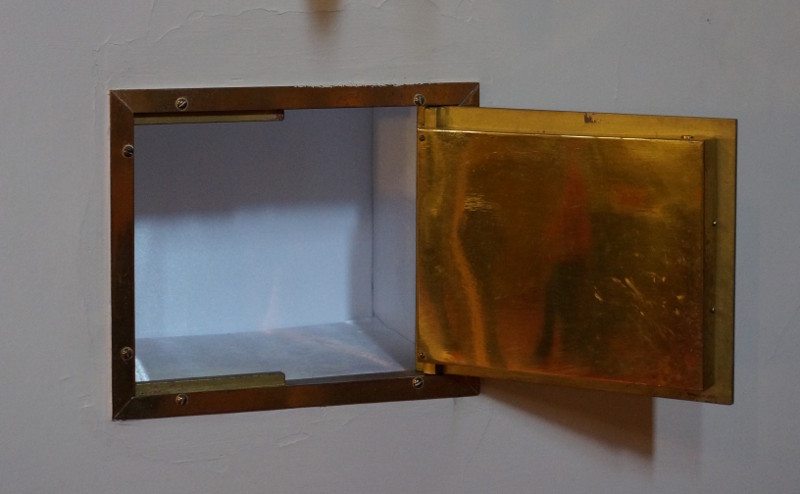Here is the text of a letter I sent to my MP this morning:
I tweeted you yesterday concerning the fate of the victims of persecution in Iraq. I am now writing more formally. I am hoping that the UK might be able to help those who are being systematically slaughtered by ISIS in several ways:
1. Airdropping supplies. We are, thankfully, already doing this and should be encouraged to continue doing so.
2. Providing sactuary to refugees. As a clergyman, I am aware that the UK treats asylum seekers poorly. The refugees in Iraq need immediate and widespread help. Is there anything our government can do to assist those fleeing the massacre and to welcome them into the UK?
3. Providing military aid. I know this is a frought area and anything we do commits us to long-term involvement. I have not been overly keen on military intervention in the past, but this case seems more simple than most: ISIS has nothing to recommend it and its actions are simply (in the words of Archbishop Justin Welby) “evil”. Can we stand by and allow people to be systematically slaughtered?
Yours sincerely,
Rev Tom Brazier (curate at Holy Trinity, Washington)
